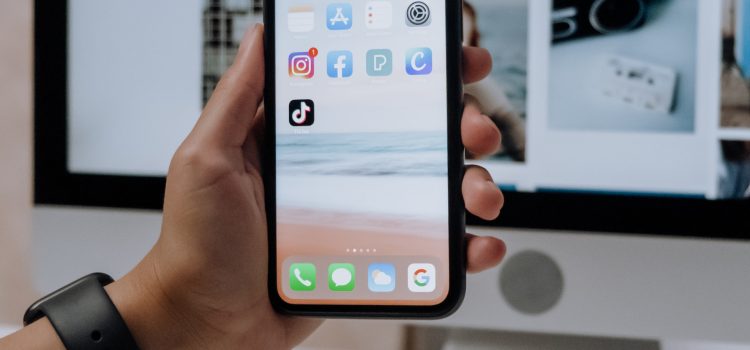
The ongoing rivalry between social media giants Facebook and TikTok has taken a new turn, with Meta’s Vice President Nick Clegg accusing TikTok of being a threat to national security. Clegg, who was previously the UK Deputy Prime Minister, made the remarks in a recent interview with the BBC, citing TikTok’s ownership by Chinese company ByteDance as a key concern.
The accusation is part of a larger trend of anti-China rhetoric that has been on the rise in recent years, particularly in the United States and other Western countries. The concern is that Chinese companies, which are often closely linked with the government, could use their access to user data to conduct espionage or other nefarious activities.
TikTok, which has become hugely popular among young people around the world, has repeatedly denied any such accusations, saying that it stores user data in the United States and other countries outside of China. The company has also emphasized that its data is not subject to Chinese law, and that it has a transparent process for handling requests from governments for user data.
Despite these assurances, the company has faced intense scrutiny from governments around the world. In the United States, the Trump administration attempted to ban the app outright, citing national security concerns. The ban was later overturned by a court, but the controversy has continued to simmer.
For its part, Meta (formerly known as Facebook) has been a vocal critic of TikTok in the past. The company has launched a rival app, Instagram Reels, which offers similar short-form video content. In addition, Meta has been a major player in the fight against Chinese tech companies more broadly, with CEO Mark Zuckerberg warning in 2019 that “while we are at a moment of real tension with China, I just think that we need to be very careful.”
Clegg’s remarks are likely to further inflame tensions between the two companies, as well as between Western countries and China more broadly. However, it remains to be seen what impact, if any, his words will have on the ongoing debate around TikTok and national security. For now, the app remains hugely popular, with over a billion users worldwide, and it seems unlikely that that will change anytime soon.
In the end, the ongoing controversy around TikTok is just one example of the larger issues around data privacy and national security that are likely to shape the future of the internet. As more and more of our lives are lived online, the question of who controls our data, and how it is used, will only become more important. It will be up to companies like TikTok and Meta to navigate these issues while still providing their users with the features and services they want and need.









